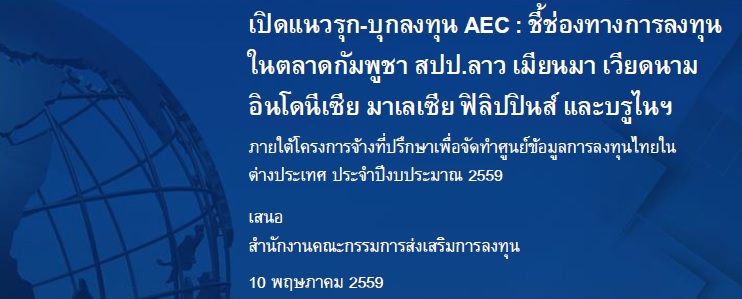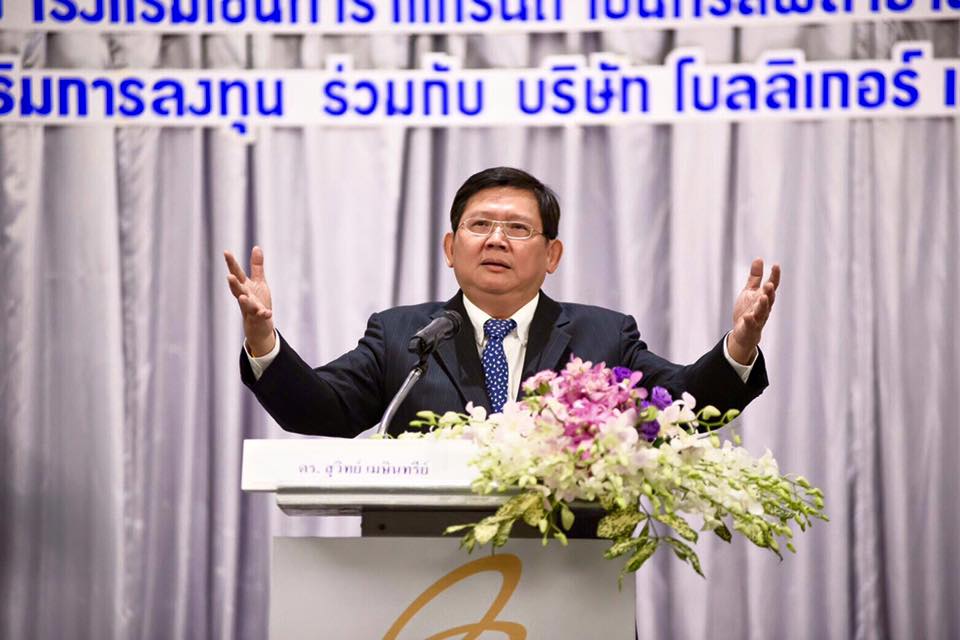ข่าวสารกลุ่มประเทศอาเซียน
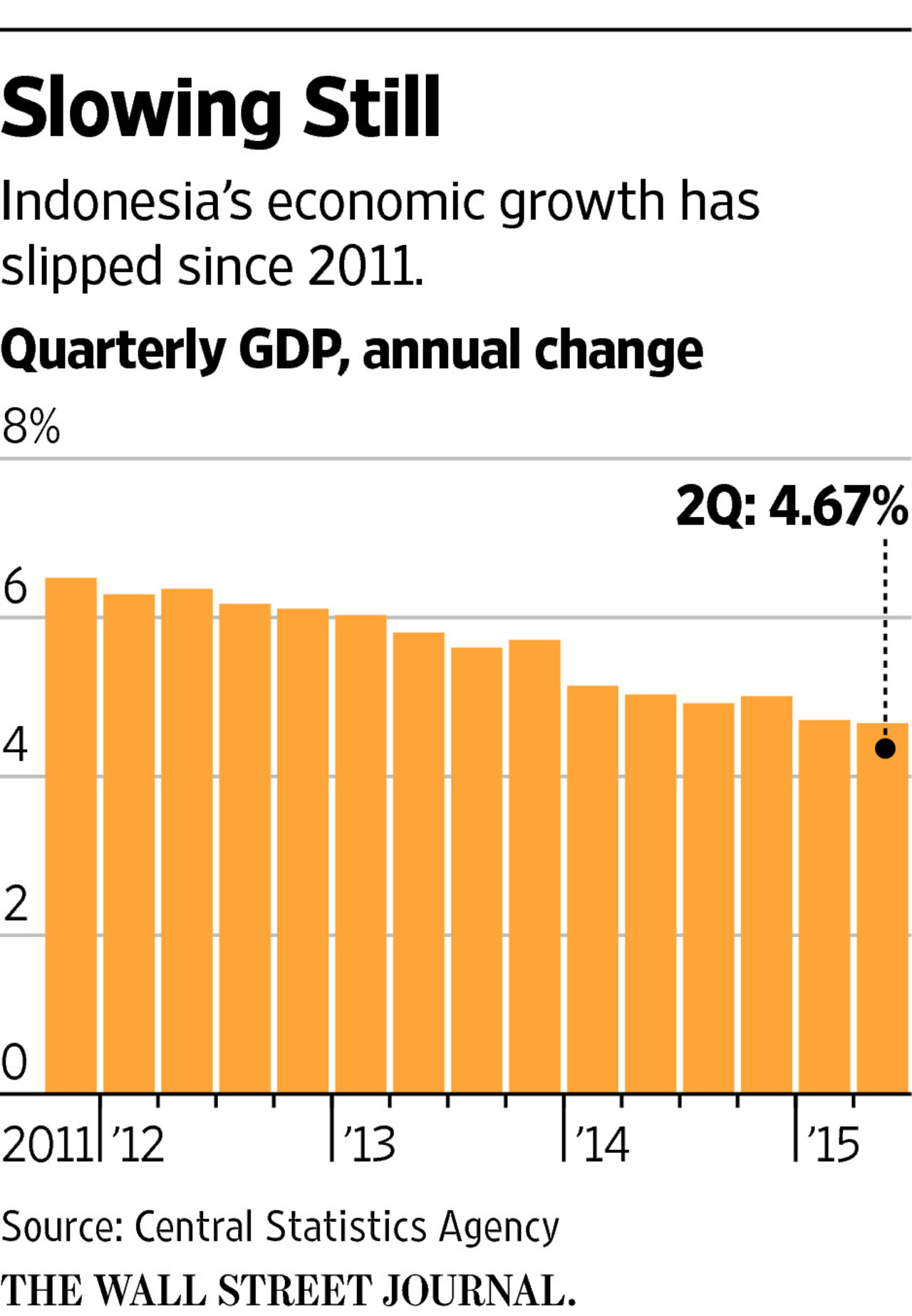
Indonesia Makes Attracting Foreign Investment a Priority
10 กันยายน พ.ศ. 2558JAKARTA, Indonesia—Southeast Asia’s largest economy is pushing out a raft of policies designed to attract foreign investment, and in some cases force it, helping the local stock market post its biggest one-day gain in nearly two years.
Finance Minister Bambang Brodjonegoro said in an interview Wednesday that drawing foreign investment into the near trillion-dollar economy remains a priority for President Joko Widodo, but that increasingly it will be targeted away from big-money resources such as the plantation and mining sectors and into others that can lift Indonesia into the ranks of more advanced, manufacturing-based economies.
Mr. Brodjonegoro this week doubled the maximum length of tax holidays to 20 years and made more sectors eligible for them. He’s working now on new policies for special economic zones, and said that next year he’ll reduce corporate tax rates to 18-20% from 25% currently.
Other policies are in the works. Ministers will propose to the president a “comprehensive policy package” next week that will include “deregulation in the real and financial sectors,” Economics Minister Darmin Nasution said Thursday. Those include the tax holidays, with an aim to boost economic activity and attract fund inflow. The news sent the Jakarta Composite Index up 4.6%, its biggest one-day gain since Sept. 2013.
The rise was in line with regional market gains following an overnight boost in U.S. stocks. Hans Kwee, an analyst at PT Investa Saran Mandiri, said the news of new economic policies “helped sentiment a bit” in Indonesia but “we still need to see the implementation,” he said.
Indonesia recently raised import duties on liquor, cars and more than 1,000 other products. That move was seen by many investors as a sign of protectionist tendencies, but Mr. Brodjonegoro characterizes them as a way to increase foreign investment, given that they’re mostly targeted at keeping out finished products rather than raw and intermediate materials. That is in line with Indonesia’s larger challenge: how to wean a resource-rich nation off a reliance on commodities, instead creating an economy that can export refined goods.
“Foreign investors should take this as an opportunity: ‘If buying the final product is expensive, why don’t we set up a factory here in Indonesia, to avoid this import tariff?’” Mr. Brodjonegoro said. “They should produce their products here.”
Indonesia has long had an ambivalent relationship with foreign investors, working with major companies for decades but increasingly bowing to political pressure to give local players more advantages. Many foreign companies say new, and oftentimes conflicting, nationalist rules introduced during the commodity boomtimes has made it more challenging to invest in Indonesia.
Hopes were high when Mr. Widodo took office with a plan to unstick old projects and stage a major infrastructure drive, but nearly a year on, investors are still waiting for signs that Mr. Widodo’s efforts are taking hold. Government spending on infrastructure projects has fallen far short goals this year, although the government says it is now rapidly picking up steam.
Global markets are still watching the dust settle after China’s recent decision to devalue the yuan, raising memories of the Asian financial crisis 17 years ago when economies of Southeast Asia went into free fall. Indonesia itself has been hit by the global slowdown, seeing growth slip to a six-year low in the second quarter, while its rupiah has fallen to the weakest level against the dollar in 17 years.
The 1997-98 crisis triggered the downfall of Indonesia’s long-ruling strongman, Suharto. But the archipelago nation isn’t anywhere near a crisis this time around, Mr. Brodjonegoro said. He pointed to manageable inflation, a trade surplus, a healthy banking sector and high foreign appetite for bonds that are compensating for massive stock market outflows in a risk-averse investment climate.
“In general, everything is intact,” Mr. Brodjonegoro said. “I think some countries will envy us” for a growth rate of 4.7%, the country’s most recent posting.
Outflows from the stock market, which earlier this week was down 25% from a record high in April, are temporary he said, and will return once the U.S. Federal Reserve raises interest rates and removes a key source of uncertainty in the global economy.
Write to Ben Otto at ben.otto@wsj.com and I Made Sentana at i-made.sentana@wsj.com
CR:http://www.wsj.com/articles/indonesia-makes-attracting-foreign-investment-a-priority-1440676597
-
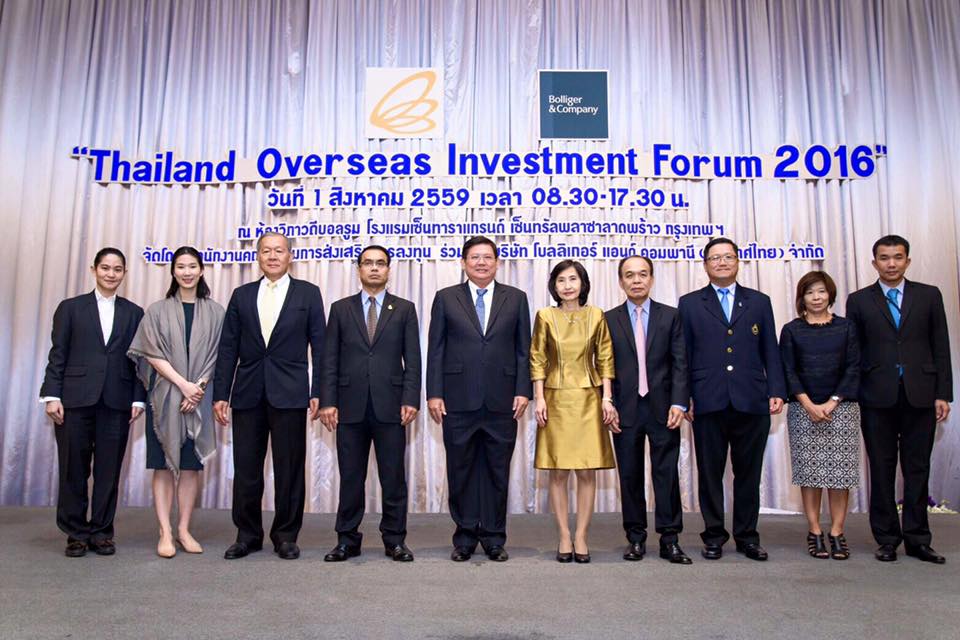
BOI ติดปีกเอกชนไทย เติบโตก้าวไกลในเวทีโลก
8 สิงหาคม พ.ศ. 2559 -
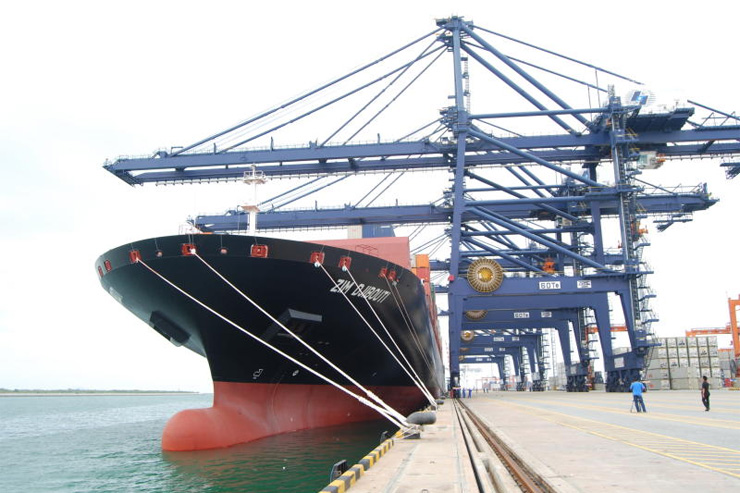
เดินหน้า‘East-West Ferry’ เดินทางข้ามอ่าวไทย
13 กันยายน พ.ศ. 2559
